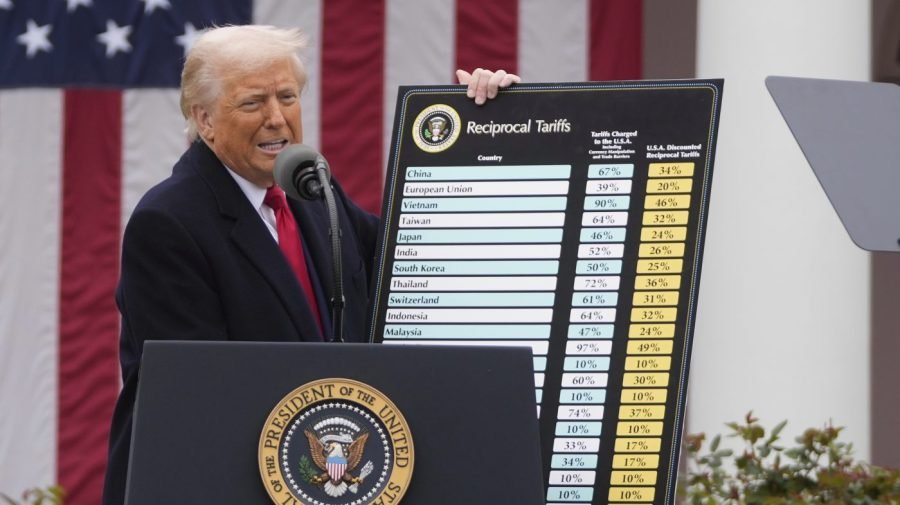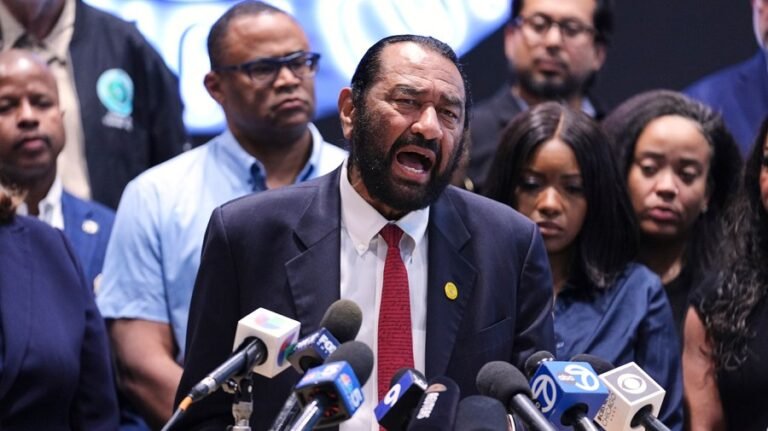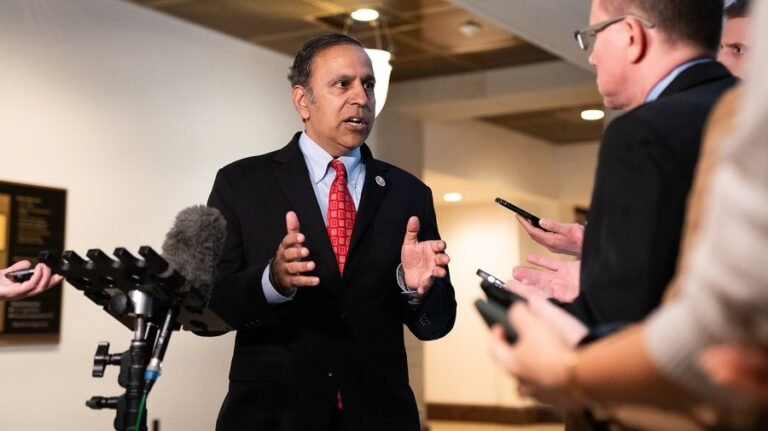
President Trump on Tuesday threatened to impose tariffs of up to 250 percent on pharmaceutical imports, the highest rate he’s discussed to date.
“We’ll be putting a, initially small tariff on pharmaceuticals,” Trump told CNBC’s “Squawk Box.”
“But in one year, one in a half years maximum, it’s going to go to 150 percent, and then it’s going to go to 250 percent, because we want pharmaceuticals made in our country,” Trump said.
The White House previously pledged to impose steep tariffs on pharmaceuticals and later backed off, including last month when he floated up to 200 percent tariffs.
Drug companies have said the industry is bracing for chaos in case Trump follows through on his threats. Tariffs would disrupt international supply chains, forcing companies to decide whether to pass on increased costs to patients and exacerbate existing drug shortages.
The White House in April launched an investigation into the effects of importing pharmaceuticals on national security.
The administration wants more drug companies to onshore their manufacturing, but experts said such a process would take years, while the pain from tariffs could be much more immediate.
In recent months, major drug companies have been pouring money into domestic manufacturing in response to tariff threats.
AstraZeneca is going to spend $50 billion to expand its drug manufacturing in the U.S. Johnson & Johnson said it is investing $55 billion into U.S.-based research and development, while Eli Lilly said it will spend $27 billion to build four new manufacturing plants in the U.S.


